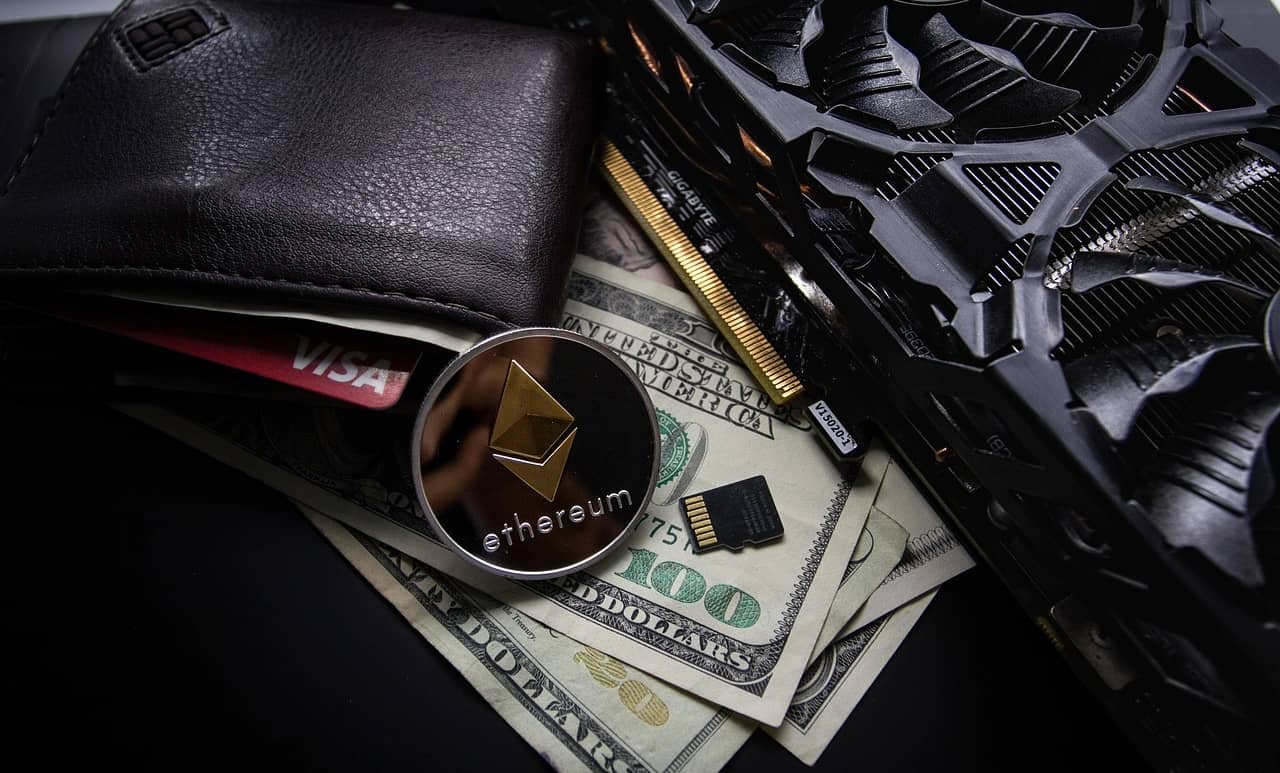Expectations of approval for these products have been driving the price of ETH.
Contents
In Short
- There are seven proposed Ethereum spot ETFs under review by the SEC.
- The recent approval of bitcoin spot ETFs does not guarantee that of ether.
When might the SEC approve Ethereum ETFs? The expectation that the U.S. Securities and Exchange Commission (SEC) will approve spot ETFs in Ethereum’s cryptocurrency, ether (ETH), is a driving factor of the coin’s price over the past week. Investors are on standby to see if the SEC will follow the path that led to the approval of spot bitcoin ETFs last week, generating a new wave of institutional and retail interest in the Ethereum market.
So far, there are seven spot Ethereum ETF authorization applications waiting for a decision from the regulator. The companies that want to issue these financial instruments are some of those that launched recent spot bitcoin ETFs. Among the most prominent companies proposing these products is BlackRock, which has 576 approved ETFs. The others are VanEck, Ark Invest & 21 Shares, Hashdex, Grayscale, Invesco & Galaxy, and Fidelity.
The regulatory agency has until May 23 as the final date to give its verdict on VanEck’s proposed ETF, which is the first of seven it must respond to. However, there is a possibility that it will issue an approval on any day between now and then and that, as happened with the Bitcoin-based ones, the agency will authorize at the same time all those that meet its requirements so as not to benefit the launch of one before another. Even if the SEC has given the green light to bitcoin ETFs, this does not automatically guarantee approval for similar Ethereum-related products.
JP Morgan does not see spot Ethereum ETF approval secured
Nikolaos Panigirtzoglou, global markets strategy manager at the giant investment bank JP Morgan, commented that for the case of the Ethereum ETF, the SEC should first classify ETH as a commodity (and not security) officially and unambiguously.
That is “far from being a fact” since the SEC has not officially declared that ETH is considered a commodity, thinks the JP Morgan executive. The Ethereum ETFs that govern in the United States are those based on futures, approved by the agency last October.
However, the approval of spot bitcoin ETFs last Wednesday has generated widespread optimism that boosted the price of ETH. The cryptocurrency’s price jumped from $2,200 to $2,700 at the time, and although it then declined slightly, it has since recorded a 13% increase, as reflected in TradingView’s chart. In contrast, BTC perceived a 5% depreciation since the authorization of such products.
This scenario reflects that the possibility of the Ethereum spot ETF has generated a climate of anticipation and contributed to ETH’s bullish momentum that could potentially open up new investment opportunities and attract even more capital to the cryptocurrency ecosystem.
What is an ETF?
An exchange-traded fund (ETF) is a basket of securities traded on an exchange like a stock. ETFs offer a convenient and diversified way to invest in different assets, including stocks, bonds, commodities, and currencies. They are often less expensive than mutual funds and offer more transparency, as the market updates its prices constantly throughout the trading day.
Key benefits of ETFs
Diversification: ETFs can offer broad diversification across many assets, reducing risk.
Liquidity: ETFs can be bought and sold on exchanges throughout the trading day, providing liquidity.
Cost-effectiveness: ETFs typically have lower fees than mutual funds.
Transparency: ETF prices are constantly updated, providing transparency.
Types of ETFs
Index ETFs: Track a specific market index, such as the S&P 500 or Dow Jones Industrial Average.
Thematic ETFs: Focus on a specific theme, such as technology, healthcare, or sustainability.
Actively Managed ETFs: Invest in securities based on the decisions of a professional manager.

